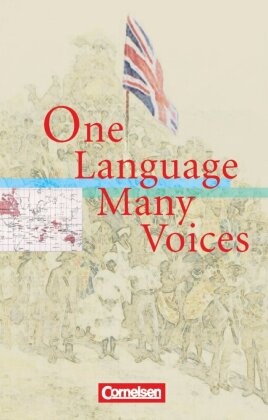Many british people are still filled with pride thinking about the English Empire. But would they still think this way when they experienced a situation like the narrator in our book?
The narrator himself describes his job down in Lower Burma as follows:
"As for the job I was doing, I hated it more bitterly than I can perhaps make clear. In a job like that you see the dirty work of the Empire at close quarter."
The narrator seems to be quiet helpless, not able to find the right words for his feelings. Daily he is exposed to poverty and harm of thousands of people. And, even more devastating, he is the reason of the situation.
Although he is only one small stature on the chessboard, he is the symbol of the english Rule and authority.
Regarding to our quote, he does not want to be seen as a substitute of the crown. Even in his eyes the english rule is a danger for the country and its people.
"Theoratically, I was all for the Burmese and all against their opressors, the british." (p.70 l.12-13)
Firstly, the quote supports my these about his view of himself
But his quote is also somehow interesting. Only the general british opressors are mentioned, he keeps quiet about his part in the oppression.
That leads me to another point, n my opinion he is stucked between two parties. The first is his morality, the second one is his loyality.
His morality gives him the proposal to leave the country and go back to England. In contrast to this, his loyality does not allow him to do so.
Although he is only one small stature on the chessboard, he is the symbol of the english Rule and authority.
Regarding to our quote, he does not want to be seen as a substitute of the crown. Even in his eyes the english rule is a danger for the country and its people.
"Theoratically, I was all for the Burmese and all against their opressors, the british." (p.70 l.12-13)
Firstly, the quote supports my these about his view of himself
But his quote is also somehow interesting. Only the general british opressors are mentioned, he keeps quiet about his part in the oppression.
That leads me to another point, n my opinion he is stucked between two parties. The first is his morality, the second one is his loyality.
His morality gives him the proposal to leave the country and go back to England. In contrast to this, his loyality does not allow him to do so.





0 comments:
Kommentar veröffentlichen